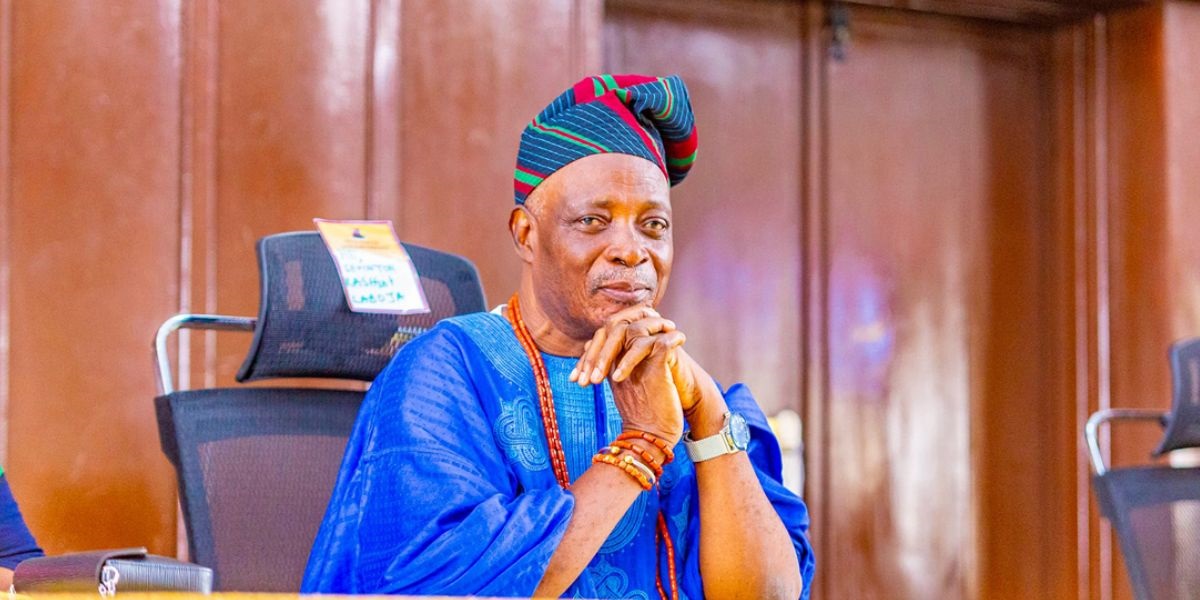CDS moves to bolster military presence in N’East, launches Sector 4 in Adamawa
An intelligence report released yesterday by Beacon Security and Intelligence Limited (BSIL), a private security and intelligence firm in Nigeria, has revealed that Zamfara is the leading state in the country in terms of insecurity, with 6,800 deaths, while 5,400 were victims of abduction in the first half of 2025.
Consequently, the Chief of Defence Staff (CDS), Gen Christopher Musa, launched Sector 4 of Operation Hadin Kai (OPHK) in Adamawa State. The BSIL report entitled ‘Nigeria Security Report’, which gave detailed data for quarter one of 2025, paints a grim picture of the country’s security architecture.
“A staggering 6,800 fatalities occurred in the first quarter of 2025. This represents a 13.67 per cent increase compared to H2 2024 and a significant 19.11 per cent increase compared to H1 2024,” the report stated.
The firm attributed the development to the activities of “non-state armed groups, ideological insurgents, and bandits, especially in the North-West and North-East regions, while flagging the North-Central region for worsening insecurity.”
The new OPHK sector, headquartered in Mubi, is part of a strategy to enhance military presence, improve operational coordination, and address emerging security threats in the region.
The move by the CDS follows an operational visit by the defence chief to assess troops’ readiness and deepen collaboration with state authorities.
According to the Director, Defence Information, Brig-Gen Tukur Gusau, the visit, which included a courtesy call on Ahmadu Fintiri, Executive Governor of Adamawa State, formed part of ongoing efforts by the Defence Headquarters (DHQ) to assess frontline operations, support troops, and respond to emerging security threats in the region.
Speaking at the Adamawa State Government House in Yola, Musa emphasised the Federal Government’s unwavering support to the Armed Forces of Nigeria (AFN), noting that sustained political and financial backing enhanced operational outcomes across theatres of operation.
Expressing appreciation to Fintiri for his consistent support to military personnel and families of fallen soldiers, the CDS underlined the importance of combining kinetic (military force) and non-kinetic (peace-building and developmental) strategies in tackling Nigeria’s complex security challenges.
“While military action is necessary, we recognise that non-kinetic efforts, such as education, job creation and community engagement, produce longer-lasting peace,” he said.
Musa identified poverty and illiteracy as key drivers of radicalisation and insurgency. He stressed that when people feel the positive impact of governance, they are less susceptible to extremist recruitment and more likely to support security efforts.
In response, Fintiri reaffirmed his administration’s commitment to supporting military operations in the state. He acknowledged a recent surge in terrorist activity in some parts of Adamawa and said the state would provide additional tactical, strategic and logistical assistance to bolster counter-insurgency efforts.






